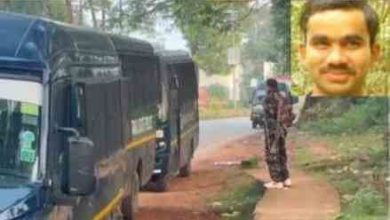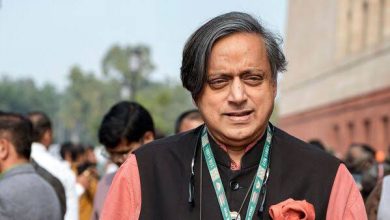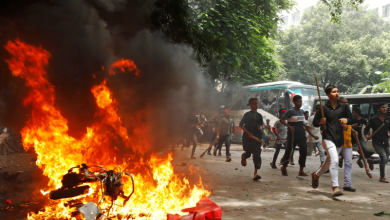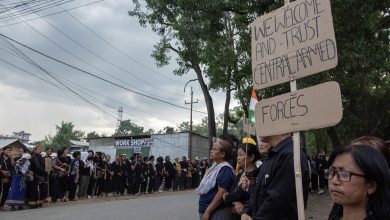Muslim representation in India’s judiciary nearly invisible
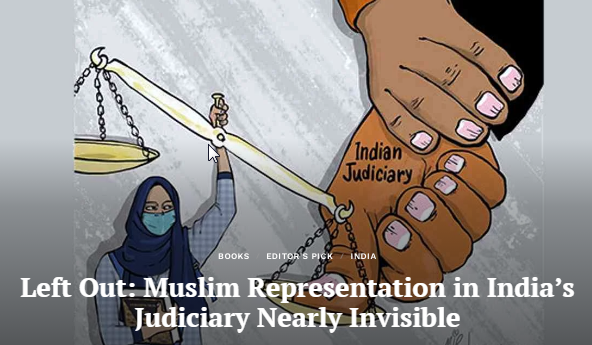 New Delhi: The representation of Muslims in the Indian judiciary has remained far from being satisfactory from the top-to-bottom for most of the past seven and a half decades.
New Delhi: The representation of Muslims in the Indian judiciary has remained far from being satisfactory from the top-to-bottom for most of the past seven and a half decades.
According to Kashmir Media Service, out of 35 ministers of law and justice, only one has been from the country’s largest Minority community – Oxford University-educated Salman Khurshid from January 2011 to October 2012.
Of the total 50 chief justices of the Supreme Court, four belonged to the Muslim community – Justice Mohammed Hidayatullah, Justice Mirza Hameed Ullah Beg, Justice Aziz Mushabber Ahmadi, and Justice Altamas Kabir. None were Muslims among the 12 Supreme Court’s secretary-general and registrars.
Only 16 were Muslims among the 265 judges of the Supreme Court – Justice Sir Saiyid Fazl Ali, Justice Ghulam Hasan, Justice Syed Jaffer Imam, Justice S Murtaza Fazal Ali, Justice Baharul Islam, Justice V Khalid, Justice Meeran Saheb Fathima Beevi, Justice Faizan Uddin, Justice Saiyad Saghir Ahmad, Justice Syed Shah Mohammed Quadri, Justice Syed Aftab Alam, Justice MY Eqbal, Justice Fakir Mohamed Ibrahim Kalifulla, Justice S Abdul Nazeer, and Justice Ahsan Uddin.
Out of the 677 chief justices of high courts, 39 were Muslims. As many as 207 were Muslims among the 3,649 judges of the high courts. Currently, the senior lawyers in the Supreme Court number 436 and as of October 2024, 28 belonged to the community.
No Muslim had either headed Lok Pal or been its member till now. Of the total 112 Lok Ayuktas that the country had seen, five were Muslims. Two Muslims were among the 41 Upa Lok Ayuktas. Of the total 13,034 notaries as of October 2024, only 684 are Muslims.
None of the 22 chairpersons of the Law Commission had been from the Muslim community. Out of the 95,121 Goods and Services Tax (GST) Practitioners, 11,074 are Muslims. No Muslim had headed the National Green Tribunal (NGT) till now.





